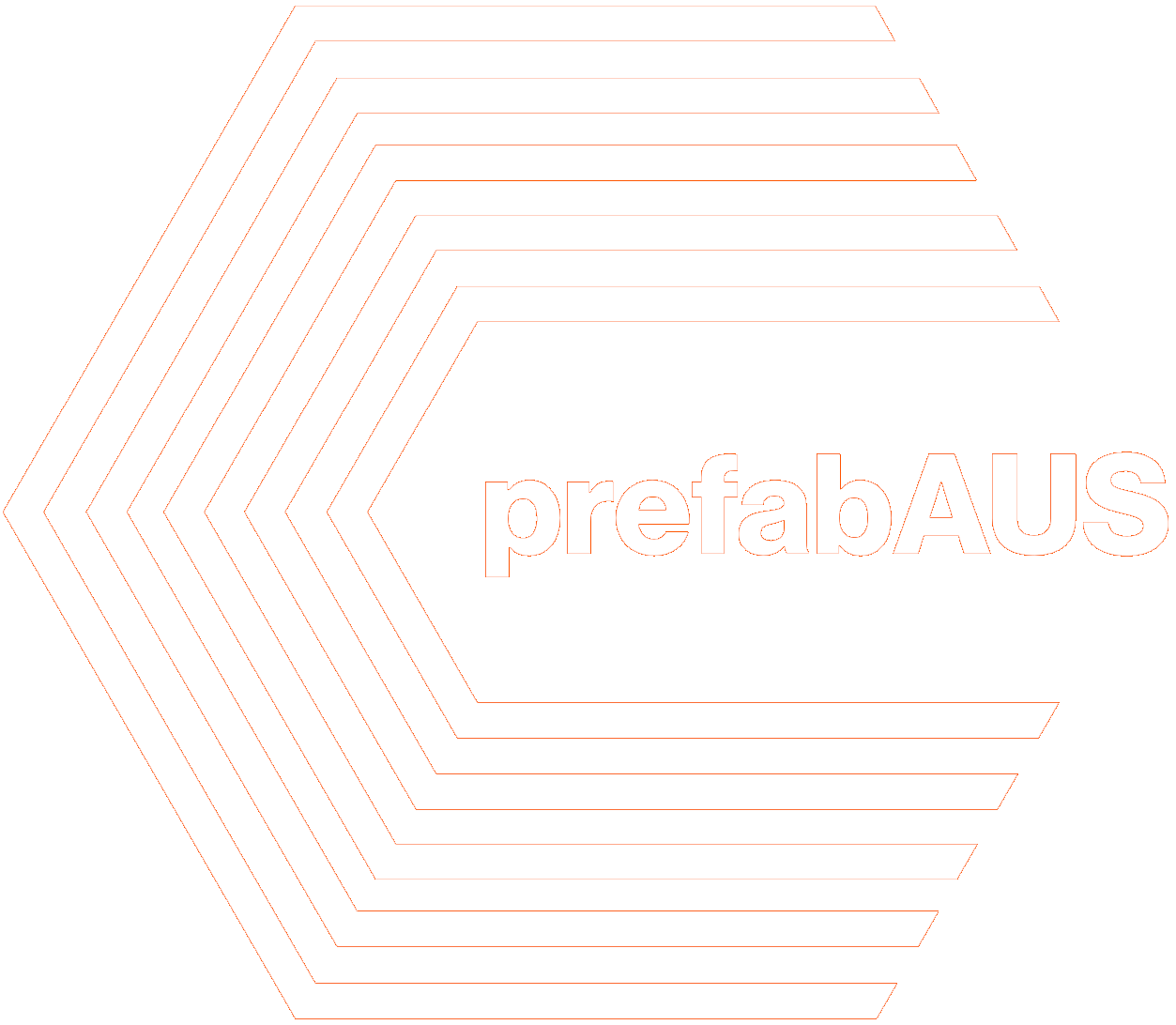Professor James Murray-Parkes
For the past seven years or so, renowned scientist and engineer, James Murray-Parkes has been the director of the Brookfield Scientific Solutions Group, part of the famed Brookfield Asset Management out of Toronto and New York.
In March 1st 2020, James begun a new journey and whilst working closely with Swinburne University, The University of Newcastle, in industry and exclusively with his colleagues at Brookfield, James now heads up a brand new group that he co-owns with Aucklander, Paul Chrystall and close mates Robert Cornish & Rod Keller.
“The fact that my fellow scientists and I now run our own institute with our closest friends and yet, haven’t lost the ability to work with our Brookfield colleagues, is great”. Explains James
Now based in Newcastle NSW in Australia and known as Technotia Laboratories, this new group now devotes a large portion of its time searching the physical world for inspiration to help solve problems and more importantly, learning about how to find them.
Being inspired by the natural world, from the smells to the colour, textures, shapes, sounds, structures and anatomy, has been a consistent element for James in his career. It’s what is often referred to as biomimicry, but that’s not what James calls it however, he just calls it physics.
To James and his team, our physical world provides an endless resource for visual study and exploration to develop a unique and yet organic approach that allows he and his team at Technotia to build scientific platforms to base on, then expand and thrive.
James along with his closest scientific collaborators, Dr. Jackson Clarke and Mr. Adam Styles recently began an investigation by developing a family of unique scientists and engineers with a multitude of unique skills and backgrounds and started mixing their skills with the definitions of symbols based on natural elements and geometry, for example; flowers, trees, water pathways and cloud formations. These symbols and shapes are then simplified into abstractions and rudimentary illustrations, all with geometric and organic characteristics. Next, James recalled the fascination he had with spider webs as a boy. These shapes were soon identified as hugely transformative as he stumbled upon the amazing structures being built by creatures often shunned in the physical world, “there is genuine irony there and so many lessons to be learnt” James explains.

